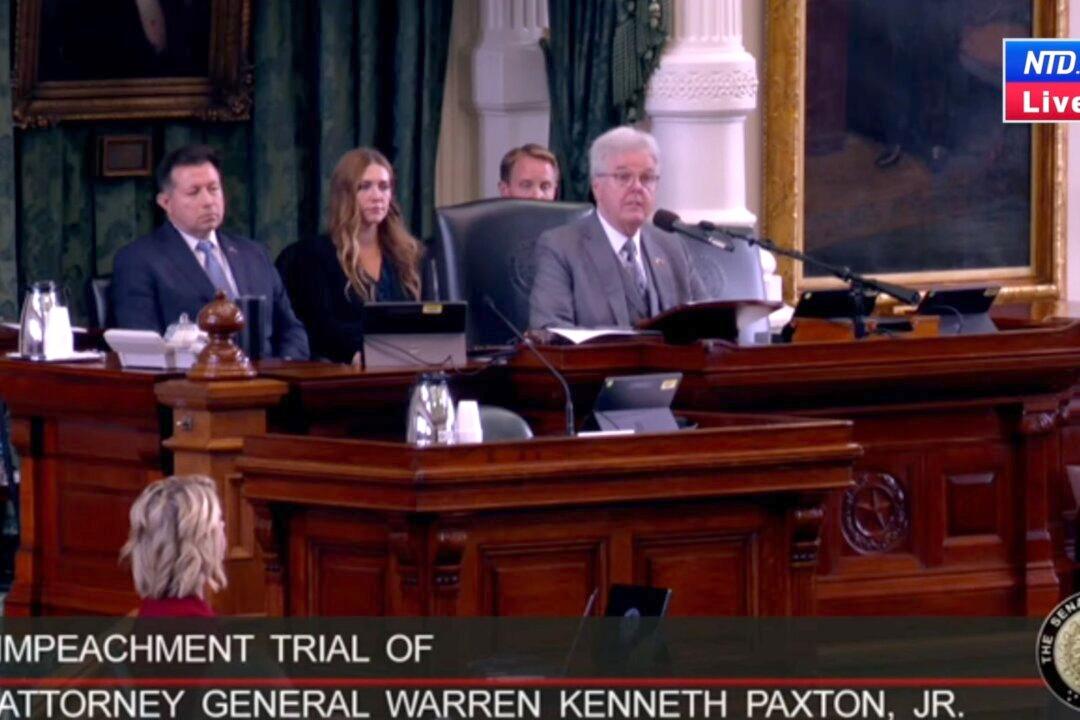Texas House and Senate leaders are in a standoff over border security and school choice, making it unlikely legislation will be passed before Nov. 7, the final day of the third special session called by Gov. Greg Abbott.
On Wednesday, Mr. Abbott appeared optimistic that legislation for his top priority—school choice—would finally get passed as he announced his expanded agenda for the special session following “productive discussions” with Lt. Gov. Dan Patrick and House Speaker Dade Phelan.





